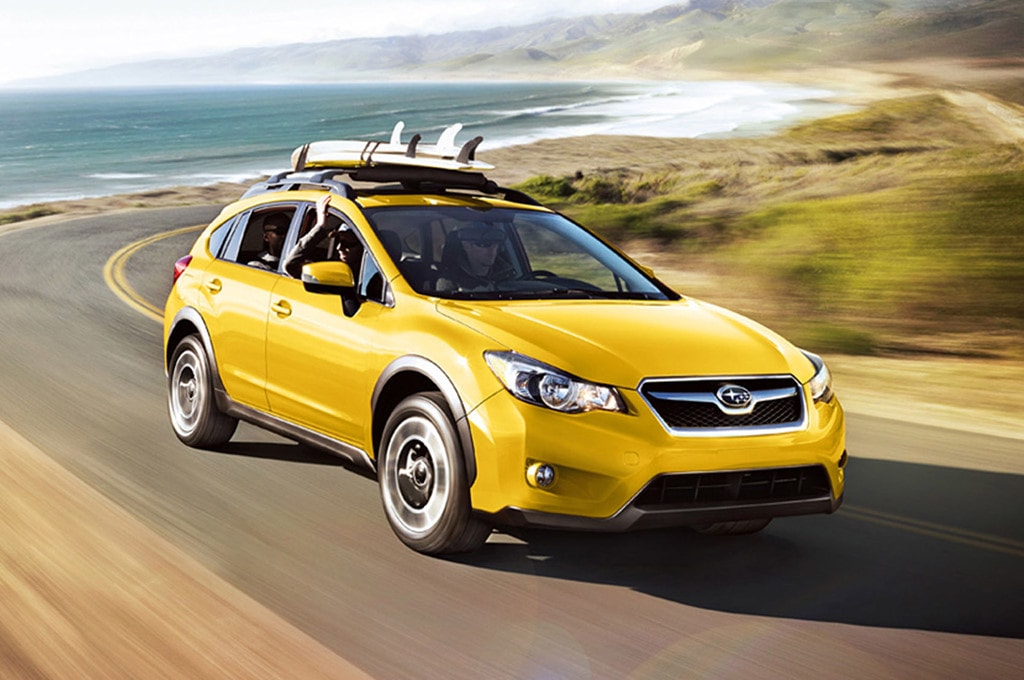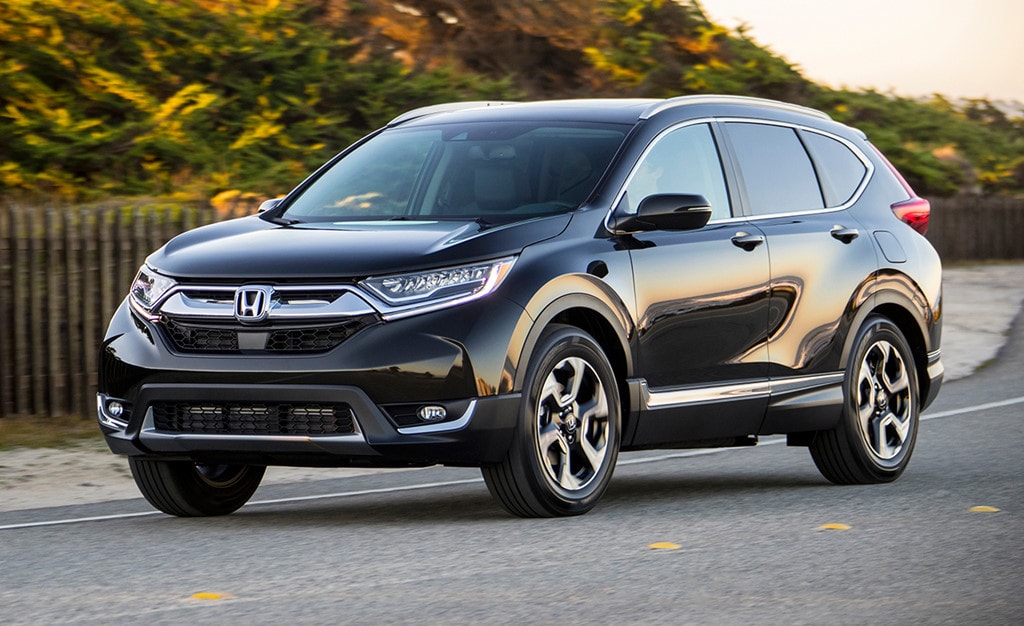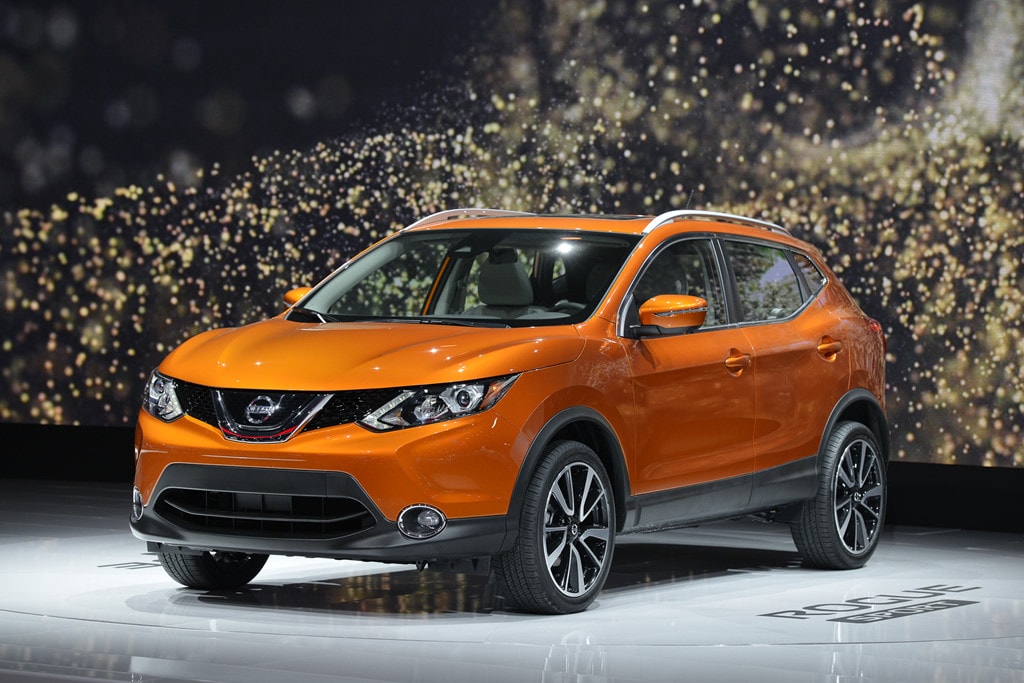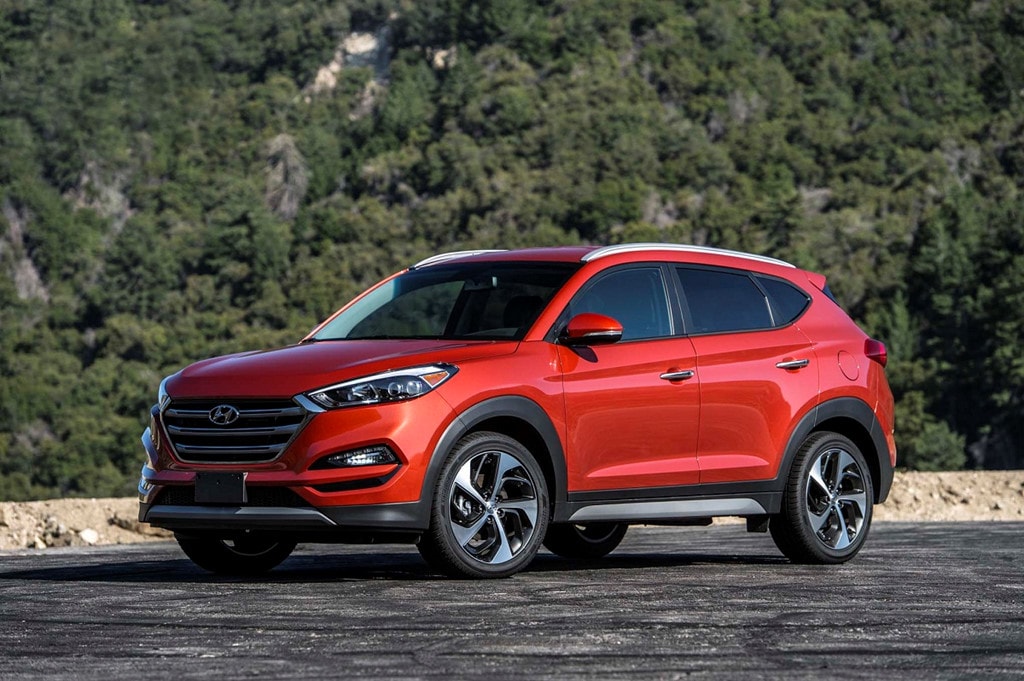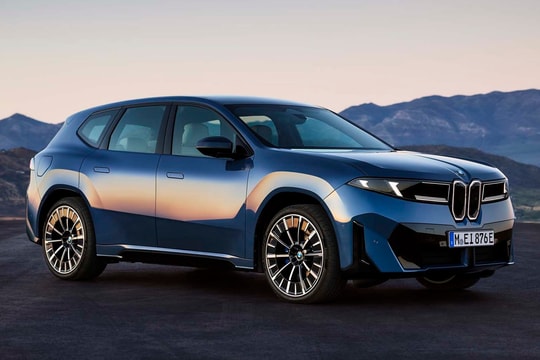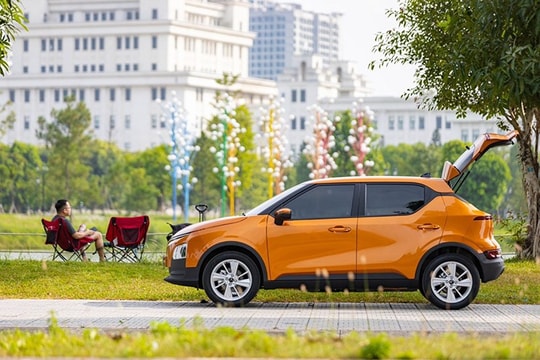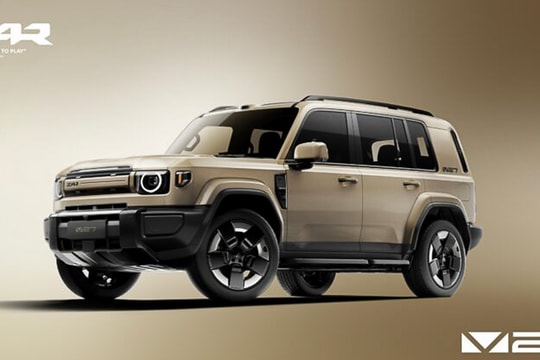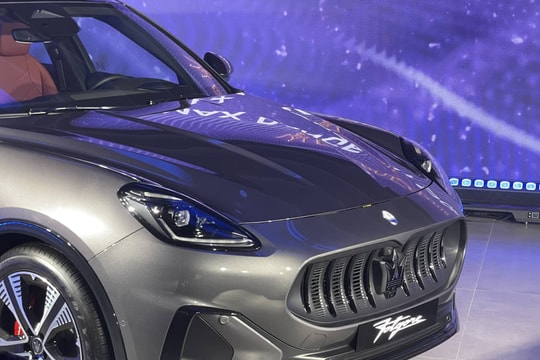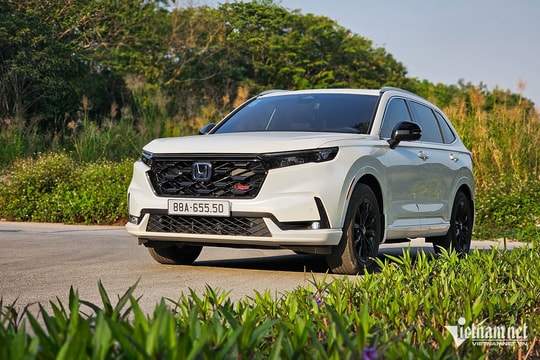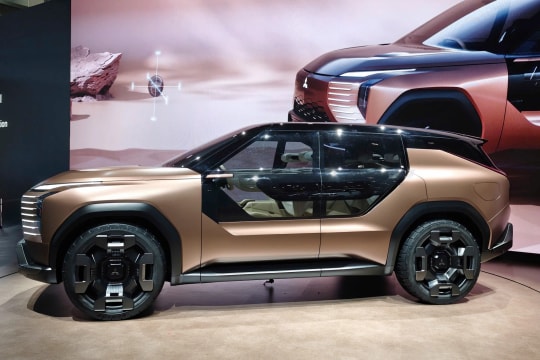8 most fuel-efficient SUVs in the world
The Toyota RAV4 is the most economical car in the segment, in addition to popular models such as the Honda CR-V, Lexus RX or Mazda CX-3 also appear in the rankings.
SUVs are a very versatile vehicle for transporting passengers and goods. However, traditional SUVs are often associated with the image of "drinking gas like water", making customers consider when deciding to buy. Now, thanks to new technologies, some SUVs (or CUVs) are as fuel-efficient as sedans.
Consumer Reportsconducted more than 50 tests to evaluate the fuel economy of each model. It also used high-precision meters. The figures are rounded to the nearest miles per gallon.
Highway and city driving were equal, then the results were averaged. These SUVs all come with all-wheel drive. Here are the most fuel-efficient SUVs (excluding electric vehicles).
|
| 1. Lexus RX(9.7 liters/100 km) The RX has a pioneering exterior design and many modern safety features. The 3.5-liter V6 version is connected to an 8-speed automatic transmission. Average fuel consumption is 12.8 liters/100 km. The 450h hybrid version is more economical, only consuming 9.7 liters/100 km. |
|
| 2. Lexus NX(9.7 liters/100 km) The NX is a compact car that offers a completely different driving experience compared to traditional Lexuses. The steering system has a feeling, cornering is solid, but the cabin is not completely quiet like its predecessors. The NX 300's 2.0-liter four-cylinder engine operates smoothly, achieving an average fuel consumption of 11.8 liters/100 km. The NX300h uses a hybrid transmission, achieving a consumption of 9.7 liters/100 km. This is one of the most economical SUVs on the market. However, the downside of this model is that the engine is weak and the acceleration is not smooth. |
|
| 3. Subaru Crosstrek (9.7 l/100 km) The Crosstrek is a variant of the Subaru Impreza hatchback, a small SUV that is suitable for urban living. The 2.0-liter, four-cylinder engine consumes only 9.7 l/100 km, which is quite economical for an AWD vehicle. The Crosstrek is an attractive choice for buyers who do not need the spacious Subaru Forester SUV. |
|
| 4. Honda CR-V(10.2 liters/100 km) The new Honda CR-V is more spacious, with a turbo engine option. The base LX version uses a 2.4-liter four-cylinder engine with 184 horsepower. The EX version uses a 1.5-liter turbo engine with 190 horsepower. Both use four-wheel drive. Fuel consumption is quite impressive, only 10.2 liters/100 km. The advantages of this model are the feeling of fast, light and solid driving, the balance system helps the body to be stable when cornering at high speed. Road noise is also eliminated thanks to the smooth suspension and well-insulated cabin. |
|
| 5. Mazda CX-3(10.2 l/100 km) Mazda's entry into the mini segment delivers a car that's nimble, fun, and still solid. Naturally, its fuel economy is pretty impressive, too. The CX-3 comes with front-wheel or all-wheel drive. The only engine is a 146-horsepower, 2.0-liter four-cylinder engine with a six-speed automatic transmission. It's not very powerful, but it's smooth thanks to its light weight. The rear seats are cramped, and the cargo space is modest, which is a downside to this small crossover. The CX-3's average fuel economy is 10.2 l/100 km. |
|
| 6. Mercedes-Benz GLA(10.9 l/100 km) Essentially the GLA is a hatchback version of the CLA sedan. The GLA 200 performs better than its siblings. Fuel consumption is 10.9 l/100 km from a 2.0-liter turbo four-cylinder engine. The car is equipped with a 7-speed dual-clutch automatic transmission, but this gearbox has many disadvantages because the power distribution is not smooth. This makes the GLA feel a bit sleepy at first, but then suddenly jumps up. In addition, the large turbo system is also the cause of the car's lag. |
|
| 7. Nissan Rogue Sport(10.9 liters/100 km0 The Nissan Rogue Sport has a shorter overall length than the Rogue. This model competes in the subcompact-SUV segment. The 2.0-liter, 141-horsepower engine consumes 10.9 liters/100 km. Cabin noise is not too loud compared to a small SUV. |
|
| 8. Hyundai Tucson(10.9 l/100 km) Overall, the Tucson is a good small SUV, but the engine is not ideal. The base SE version uses a four-cylinder engine, 164 horsepower, combined with a six-speed automatic transmission. Fuel consumption averages 10.9 l/100 km. The higher-end version uses a 1.6-liter turbo engine, but it is noisier and vibrates at low speeds, such as when the car is parked. In terms of driving feel, the car is quite agile, the seating position is comfortable, advanced safety features and good sound insulation are commendable points. The Tucson has spacious rear seats, an easy-to-use dashboard, and advanced safety features. |



